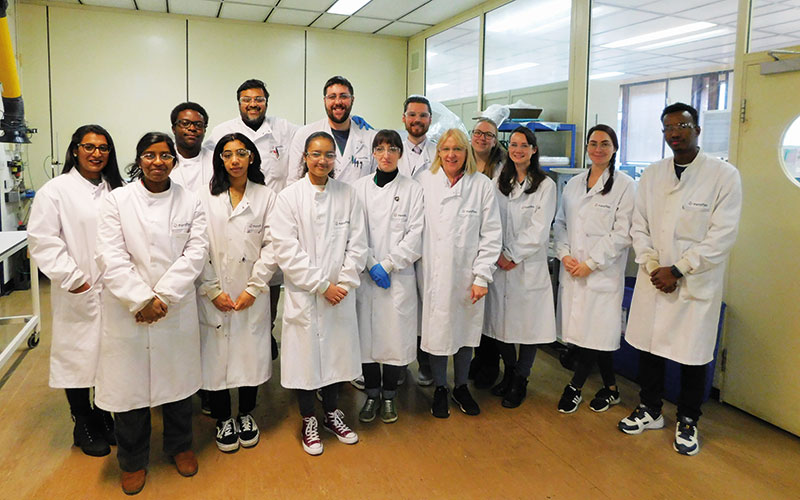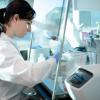Forensic Scientist David W Jones gives a guided tour of Eurofins Forensic Services.

The Eurofins Forensic Services drugs department is one of the largest forensic science departments in the country. The drugs department is based over three sites – Tamworth, Wakefield and Teddington. It also has one satellite lab, based in central London.
We have circa 50 staff, consisting of technicians, administrators, purity analysts, management and forensic scientists.
All of our drug laboratories are compliant with, and accredited to, the ISO 17025 quality standard, administered by the United Kingdom Accreditation Service, and also with the Forensic Science Regulator Codes of Practice and Conduct.
We provide chemical analysis using presumptive testing, Fourier Transform infrared spectroscopy, gas chromatography mass spectrometry, thin-layer chromatography and high-performance liquid chromatography in order to determine the identification and purity of substances that are controlled under the Misuse of Drugs Act 1971, Misuse of Drugs Regulations 2001 and the Psychoactive Substances Act 2016.
These types of analyses help support simple possession cases, test purchase operations and searches to reveal drugs concealed in everyday items. We serve the majority of police forces within England and Wales, government agencies and the Crown Prosecution Service. We also offer our services to criminal defence lawyers. We receive hundreds of items of evidence every month from our customers, ranging from drug paraphernalia, such as digital scales and medicinal syringes, to deal-size and bulk drugs, such as cocaine, diamorphine (heroin), herbal cannabis, cannabis resin, cannabis plants, amphetamines and pharmaceutical drugs.
All of our staff are trained to exceptionally high competency levels and are subject to regular performance reviews and provided with further training, if required.
We offer more complex services and opinion-based reports, such as connections between drug seizures, advice on potential origin of supply, identification of new types of drugs, cannabis grow rooms and suspected illicit laboratories.
We also offer training courses in evidential drug identification testing to enable police officers to carry out screening tests for commonly encountered drugs, to recognise different types of drugs and take the best samples for analysis.
In addition to this range of services, we also offer expert witness training to prepare upcoming forensic scientists for when they have to give evidence in a court of law.
We have an excellent record of passing proficiency trials, which ensures that staff are competent and kept up to date with our procedures.
The staff who work at Teddington, where I am based, are very dedicated, friendly and approachable. We are an excellent team and pride ourselves in the work and service we provide to our customers in order to help with their investigations. We are extremely proud to support the UK criminal justice system with the work that we undertake to help tackle the problem of drug misuse in today’s society.




